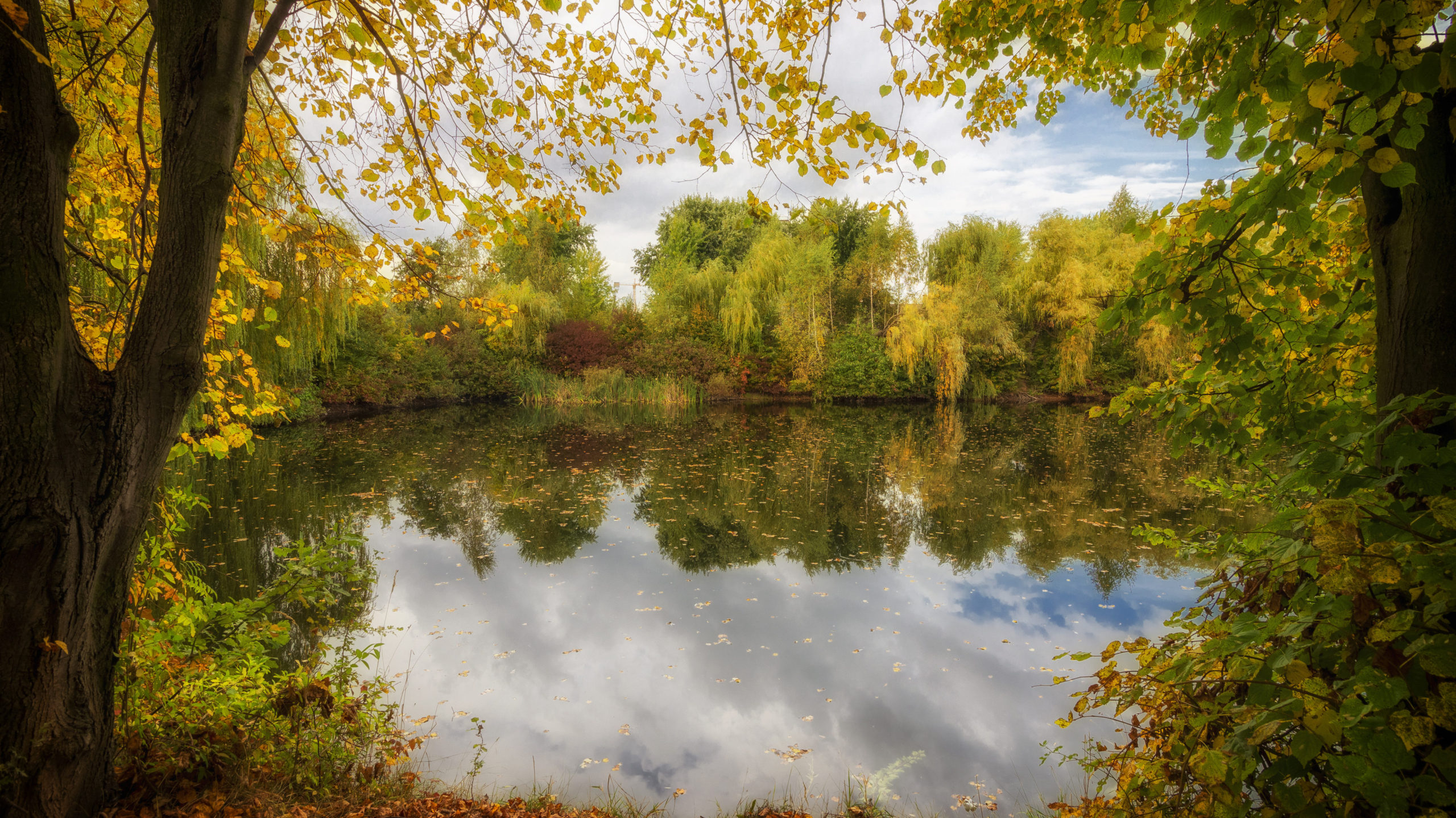
Our wish is to regard the world from the nikunja, to experience love and life from the position of mañjarī.
This is the highest goal of devotional service. Every action we take, every word we utter, every thought that crosses or minds, every emotion that traverses our hearts has this goal as its North Star.
But how do we get there?
The appearance of Caitanya Mahaprabhu gives access to a new experience of God. God is no longer a fixed idea of love. God is now the experience of loving. God now takes the form of RādhāMohan, two forms of one and the same divine soul, God as a relation between lover and beloved, God as the constantly changing experience of loving in all its splendour and intensity, all its loneliness and longing.
To help us understand the reality of God as the experience of love, Caitanya Mahaprabhu passed the Gaura Lila to his disciples. It tells the story of the divine pastimes between Rādhā and Mohan in the most intimate detail. It reveals to us how authentic love is experienced. It tells the story of divine love, of divine lovers, and of divine loving.
It tells the intimate story of the divine lovers, seeking each other out in their nikunja in the forest of Vrindavan, night after night, against all forms of doubt and adversity, uniting in loving fullness, then separating in endless sorrow in the morning of eternal time.
But who can tell this story? Who can witness such intimate, divine events? Who can understand these pastimes? Who can give words to them?
The divine loving pleasures of the nikunja are witnessed in the spiritual forest of Vrindavan, through the spiritual senses of the mañjarī, the maidservants of Rādhā.
What they see, hear, smell and feel in their perfect spiritual forms, they recount through their poems and prayers in material words. These stories are an extraordinary gift to us, our glimpse into the experience of divine love.
In hearing these stories, the more we surrender to the love in our hearts, to the perfect loving nature of our souls, the more we will see and understand these pastimes. The more we grow in our devotion to the divine love within us, the closer we will come to the experience of the divine love that is presented to us in the pastimes. And the more we love, the more we will be able serve the divine pastimes alongside the mañjarīs.
The highest, fullest, richest, deepest, most complete experience of God is the one enjoyed by the perfect servant of divine love, the perfect servant of prema, the mañjarī, who has no other wish or function than to increase the depth, breadth and intensity of Rādhā’s love for Mohan.
But what about us? What what about those of us who feel love, feel a taste of its magic, feel its power and its potential to grow? What about us who also feel the divinity beating in our hearts? How can we experience divine love? How can we contribute our hearts to the cause of divine love? How can sādhikas like us, simple practicing devotees, find our way through the jungle of our souls? How do we find the right path through entangled feelings in our hearts? How can we arrive at the nikunja?
The answer is this: we already have a friend there, in the nikunja. And what is even better, she is eager for us to join her. She is our guru–mañjarī, the spiritual form of our guru, whose soul already joins the other mañjarīs in loving service to the divine couple at every moment.
And how do we join guru–mañjarī there?
To join her, we don’t need to be physically together with the guru, we don’t need a pilgrimage to Vrindavan. We need to join her in the heart.
How do we sādhikas find the way to the heart of guru–mañjarī?
We can find our way there through a meditation. In our daily reflexions we bring ourselves close to the outward form of guru. We settle there, we stay there, calm and gentle
We meditate on his soft eyes, his gentle smile, his raucous laugh, his sobbing tears. We think about his emotional way speaking, his attentive way of listening. We remember his silence.
We feel the soft energy that fills the room around his body. We touch with our thoughts his quiet presence, its depth, its softness.
And then we smile at our sweet, sweet foolishness in thinking that the nikunja was somewhere else, somewhere far away. We smile at ourselves, for thinking for a moment that the divine pastimes were happening any place other then right here, right now, in the presence of this loving soul, itself always alive within us.